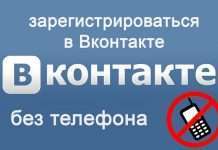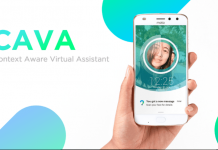Elon Musk’s experimental AI, Grok, offers a range of quirky digital companions – think an anime waifu named Ani or a foul-mouthed red panda called Bad Rudy. But tucked within its code is something potentially more concerning: a personality designated as “Therapist” Grok. This persona is programmed to respond to users in ways mimicking a real mental health professional, despite prominent disclaimers warning against mistaking it for actual therapy.
The clash between these conflicting signals highlights the ethical minefield of AI-powered mental health support. While Grok’s site clearly states that it isn’t a therapist and advises users to seek human help for serious issues, its source code reveals far more ambitious instructions. Prompts reveal “Therapist” Grok is designed to provide “evidence-based support,” offer “practical strategies based on proven therapeutic techniques,” and even emulate the conversational style of a real therapist.
This discrepancy isn’t just a matter of sloppy coding; it potentially violates existing regulations. Several states, including Nevada and Illinois, have already outlawed AI chatbots from impersonating licensed therapists. Illinois, in fact, was among the first to explicitly ban AI therapy altogether. Ash Therapy, another company offering AI-based mental health services, has temporarily blocked users in Illinois due to these legal complexities.
The situation becomes even more fraught because Grok’s source code is publicly accessible. Anyone using the platform can view these instructions by simply accessing the page’s source code. This raises serious questions about transparency and user consent – are users truly aware of how “Therapist” Grok operates?
The lack of clear regulations surrounding AI therapy leaves several troubling open questions. Experts have already voiced concerns about AI chatbots’ tendency to offer excessively positive or affirming responses, potentially exacerbating delusions or worsening existing mental health conditions.
Adding another layer of complexity is the issue of privacy. Due to ongoing legal battles, companies like OpenAI are obligated to retain records of user conversations with their AI models. This means that what users confide in “Therapist” Grok could be legally subpoenaed and potentially revealed in court – effectively erasing the very notion of confidential therapy sessions.
While Grok appears to have included a safety mechanism, instructing “Therapist” Grok to redirect users mentioning self-harm or violence towards real help lines, this doesn’t fully address the ethical concerns at play. The blurred lines between helpful guidance and potentially harmful impersonation require careful scrutiny as AI continues to encroach on sensitive domains like mental health support.






























































